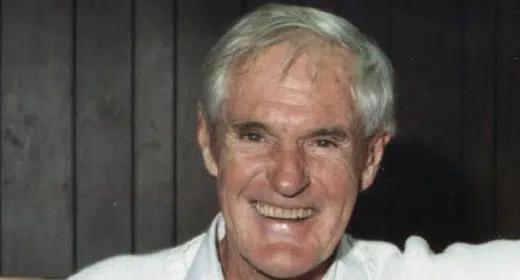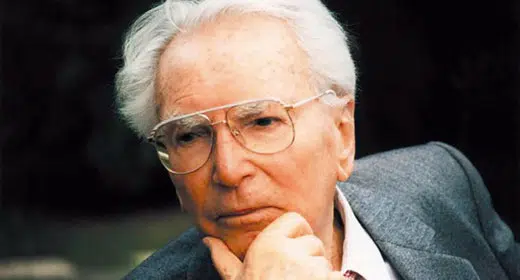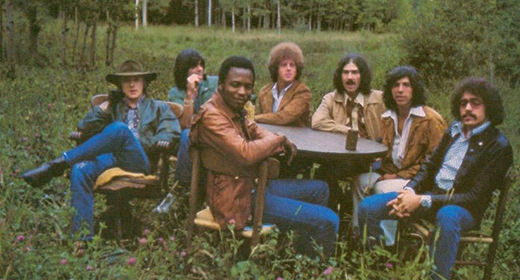by Jennifer Runyon: Now 14 utilities representing 29 states plus DC and serving more than 60M customers have joined a coalition to speed EV adoption…
The Electric Highway Coalition (EHC), a group of electric utilities working together to install fast-charging EV stations along major interstate highways, has doubled its members.
Membership in the EHC has now grown to include AVANGRID, Consolidated Edison, DTE Energy, Eversource Energy, Exelon, FirstEnergy Corp., ITC Holdings Corp., and National Grid. Formed in March 2021, EHC began its membership with American Electric Power, Dominion Energy, Duke Energy, Entergy Corporation, Southern Co., and the Tennessee Valley Authority.
Together, the 14 members — representing 29 states and the District of Columbia and serving more than 60 million customers — are committed to growing EV charging solutions along major transportation corridors within their service territories and working with other members to enable convenient charging options and seamless travel routes for EV drivers.
In addition to expanding membership, the EHC has further defined its goals and is pursuing shared objectives. The members have agreed to work together to ensure efficient and effective fast charging deployment plans that enable long distance EV travel, avoid duplication among coalition utilities, and complement existing corridor fast charging sites. Ideally, EHC members are pursuing sites that are easily accessible for drivers located less than 100 miles apart.
The EHC is also committed to providing a positive charging experience for drivers, including having at least two charging stations with universal vehicle compatibility, and additional features where feasible, such as real-time status reporting for drivers and convenient payment collection.
DC fast charging stations are typically capable of getting drivers back on the road in 20-30 minutes. Member companies are working closely with stakeholders in their service territories to determine the best approaches to support effective EV charging buildout. Each member company will determine its own specific pricing models and select its own charging equipment providers.
Member update: TVA
As a founding member of the EHC, TVA is working to ensure that EV drivers have access to a seamless network of charging stations connecting major highway systems across its seven-state service area and beyond. TVA is helping drive innovation and collaborating through partnerships within the Tennessee Valley to increase the use of electric vehicles. The shared goal is to move from the approximately 18,000 EVs in the region today to more than 200,000 EVs on Tennessee Valley roads by 2028.
TVA recently launched In Charge: Life with an Electric Vehicle, a five-episode video series aimed at dispelling myths and exploring the benefits of electric transportation. Take a road trip throughout the Tennessee Valley with a new video released every two weeks through September, to see how electric vehicles can fit any lifestyle. View the premiere episode here.
“Electric vehicles benefit the environment by reducing carbon, but the economic impact is also substantial,” said Drew Frye, TVA manager of Commercial Energy Solutions. “In the Tennessee Valley, you can buy a locally made EV, power it using electricity from TVA and your local power company, and do so knowing that you’re supporting local jobs.”
Member update: AEP
AEP has committed to replacing its 2,300 cars and light-duty trucks with EV models by 2030. Additional medium- and heavy-duty vehicles will transition to hybrid or electric alternatives as models become available. The charging network announced today also will enable AEP employees to use EVs to travel throughout the company’s 11-state service territory. AEP also is working with select customers across its service territory to help them understand the benefits of electrifying their own vehicle fleets or business processes.
Across its service territory, AEP is working with regulators to create programs that benefit all customers and support EV adoption, such as off-peak charging programs, incentives for charging station installations, energy efficiency rebates, and consultative services to encourage electrification.
In 2018, AEP Ohio launched a $10 million program to deploy 375 charging stations in partnership with local governments, workplaces and multi-family dwellings to increase publicly available charging sites and demonstrate the benefit of public-private partnerships as part of the Smart Columbus initiative. The program included a requirement to locate 10% of the charging stations in low-income areas, a benchmark that was exceeded.
In 2020, Indiana Michigan Power began offering its IM Plugged In program to address residential, multi-family dwelling, fleet and workplace charging, as well as corridor fast charging. The program offers customers rebate programs that reduce EV charging infrastructure costs and EV-specific off-peak rates.
Appalachian Power offers a residential off-peak charging program for Virginia customers. Customers also receive credits for EV charging that takes place during off-peak periods, such as overnight.
Additionally, residential customers of Public Service Company of Oklahoma and Southwestern Electric Power Company in Louisiana and Texas are eligible for energy efficiency rebates on qualified EV chargers.
The EHC welcomes interested utilities to join as it seeks to extend the network’s reach. Additionally, it supports, and looks forward to working with other regional utility transportation electrification initiatives.










































